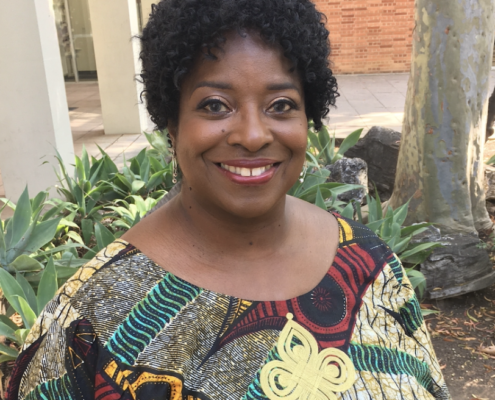Posts

Dr. Cheryl Keyes Contributes to the Smithsonian Anthology of Hip-Hop and Rap Released Today
The Smithsonian’s National Museum of African American History…

Incoming UCLA Professor Dunnavant’s Work With the Smithsonian in Africatown Featured in the News
Dr. Justin Dunnavant, an incoming professor in the UCLA Department…

